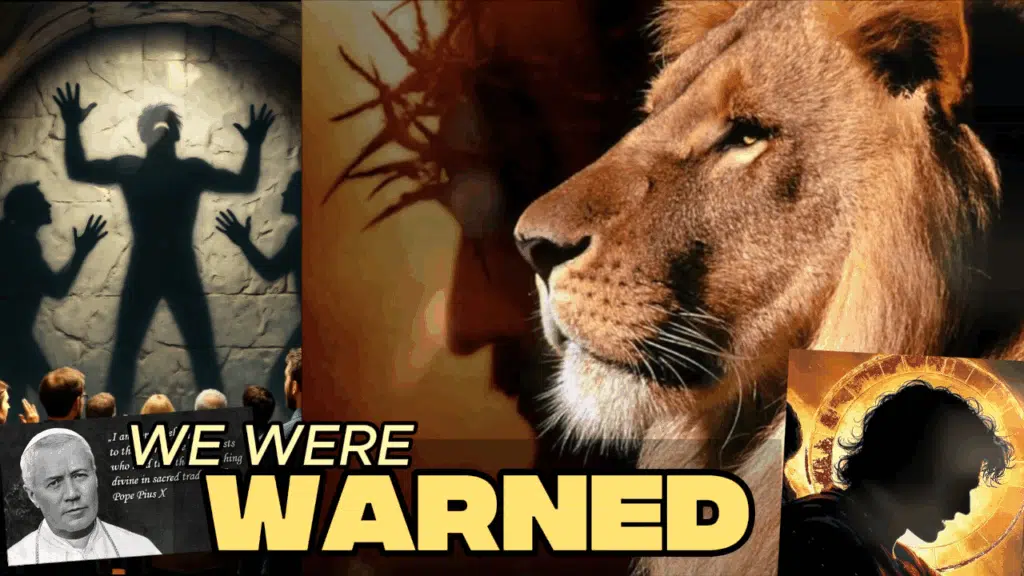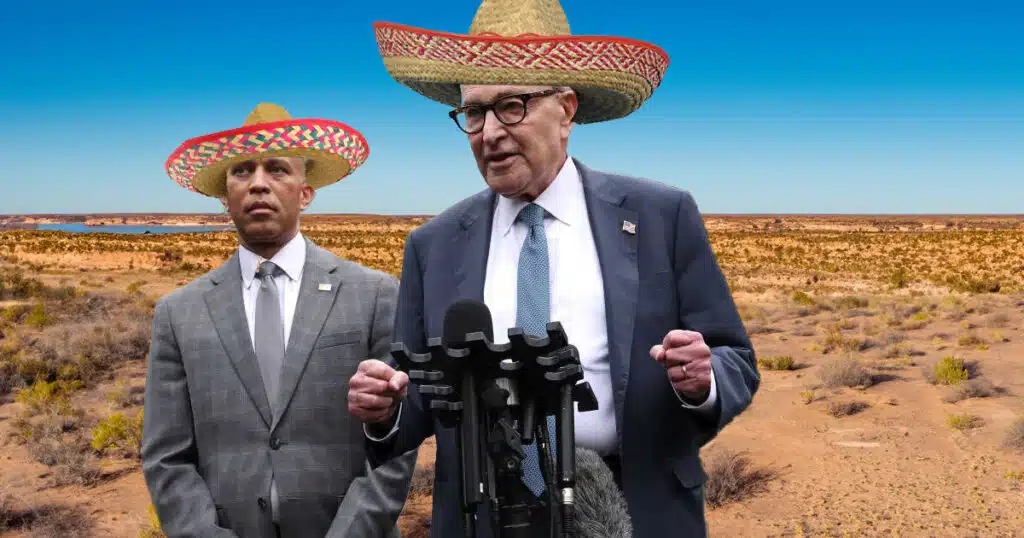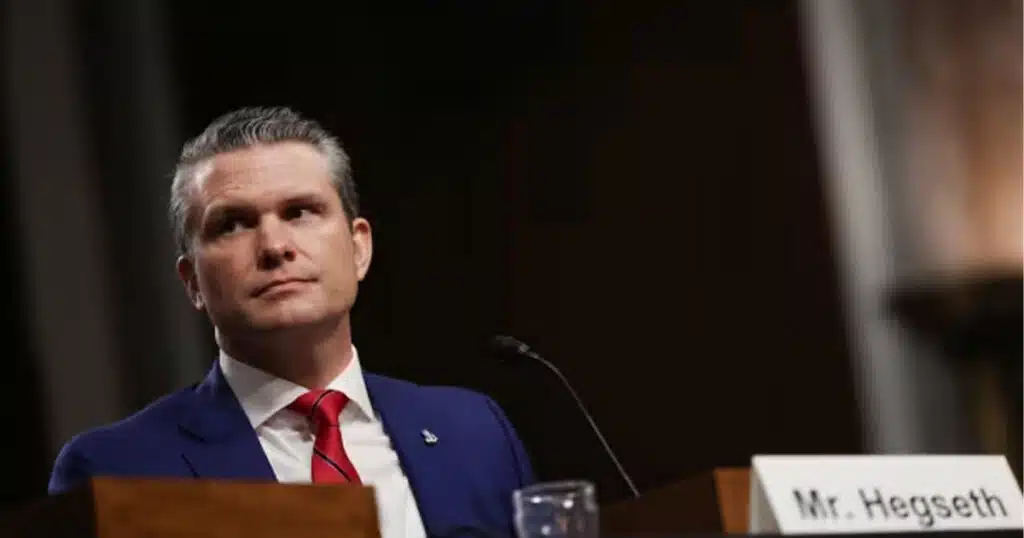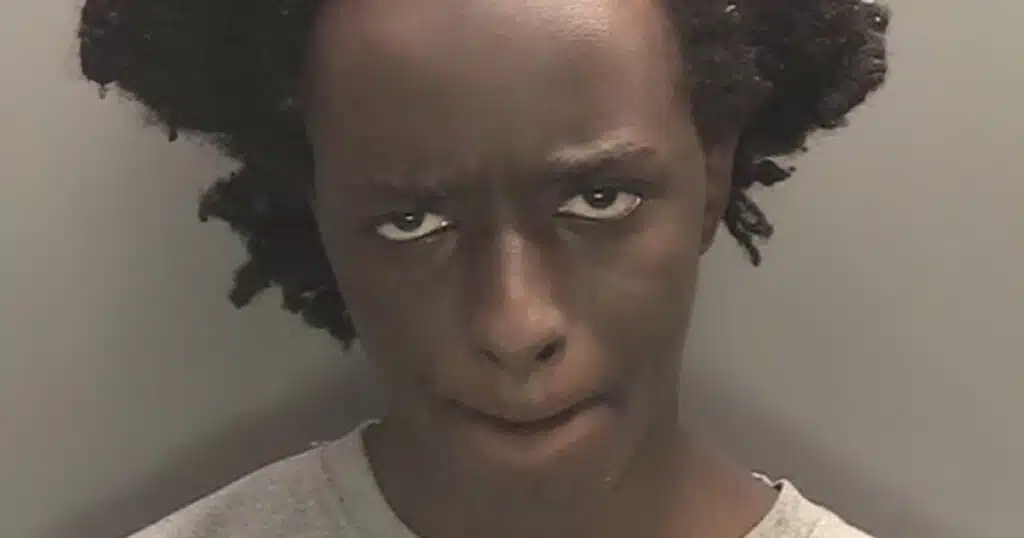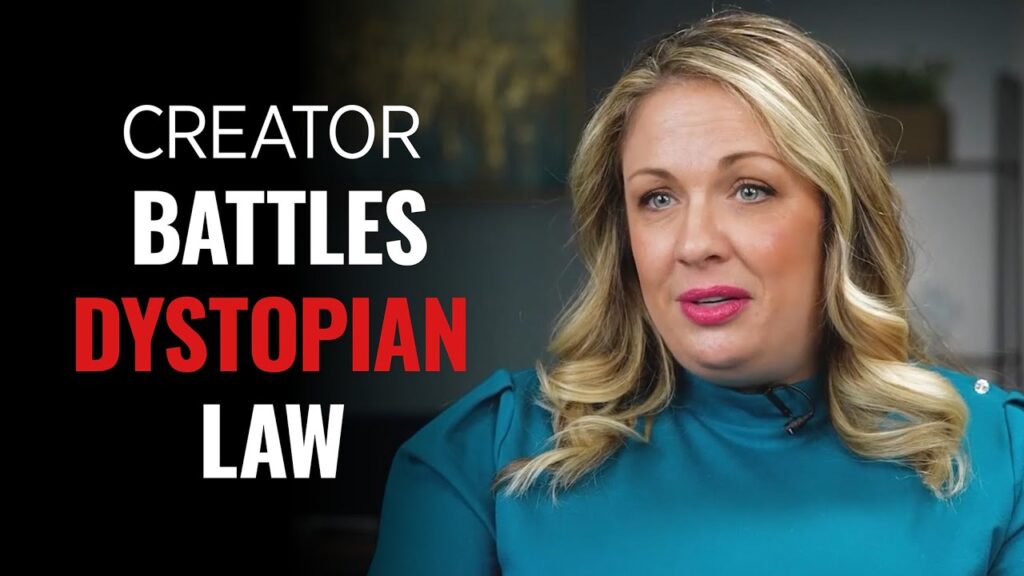
Colorado Would Force Her to Create LGBTQ Wedding Websites. She’s Fighting Back.
Graphic designer Lori Smith believes that marriage should be between a man and a woman. She also wants to create wedding websites. Under Colorado’s discrimination laws, if she were to create wedding websites, she would be compelled to do so for same-sex weddings.
Represented by Alliance Defending Freedom, she has taken her case to the Supreme Court, asking the court to say that Colorado’s discrimination law violates her rights.
The Daily Signal team visited Lori’s shop, 303 Creative, in Denver, Colorado, ahead of the expected June ruling in her case. Her office is decorated in teal and gold, both trendy and feminine. “Create freely,” one piece of wall decor reads. Another one quotes Esther, from the Bible: “Perhaps you were born for such a time as this.”
Lori herself is warm and welcoming. She’s pretty used to media at this point, quick to get to the point.
“I create unique, one of a kind artwork, and messaging for my clients,” she shared. “I love what I do. I have clients who come from all different walks of life, I have clients who identify as LGBT.”
“I’ve always wanted to design and create, and I’ve always wanted to create and design for weddings,” Lori said. “But I can’t do that…because the state of Colorado is censoring my speech and forcing me to create custom and unique artwork, one of a kind designs that celebrate messages about marriage that go against what I believe.”
According to Alliance Defending Freedom senior legal counsel Kellie Fiedorek, Colorado is “misusing its public accommodation law to censor speech,” particularly in the state’s treatment of Masterpiece Cakeshop owner Jack Phillips.
“And now they are threatening to use the same law to force Lori to violate her beliefs,” she noted.
ADF filed this case six and a half years ago. In December, the Supreme Court heard oral arguments.
“It has been a very long journey,” the ADF legal counsel said. “We lost at both the district court and the 10th circuit. They said the Colorado government has the ability to compel speech and so we appealed that decision to the U.S Supreme Court and we’re so grateful that they agreed to hear Lori’s case.”
The question ADF is asking on behalf of its clients: can the government compel an artist to force them to create custom artwork or speech that goes against the core of who that artist is?
Jack has been in contentious litigation for over a decade, all stemming from his refusal to bake a cake to celebrate what two men claimed was a same-sex wedding. His decade-long battle stems from the firm conviction that no man can serve two masters, as Jesus Christ said in the Sermon on the Mount.
He has paid dearly for this belief. But he’s not done fighting. Asked if this has taken a toll on him spiritually, Jack said that the trial has actually helped build his faith and tie his family closer together.
He also has gained a lot of friends through the experience — he warmly greeted everyone who came into the shop, and seemed to know many of his customers personally. One family on vacation in Denver had ordered a cake for their teenage son, Sam. When they came into Masterpiece Cakeshop to pick it up that day, they joyously greeted Jack as though he were a celebrity, thanking and praising him for his endurance.
But both Jack and Lori have faced intense backlash for fighting for the right to create consistent with their religious beliefs — doxxing of their addresses, threats to their lives, and more. Jack gravely recalled how a man called the shop promising that he was on his way there to blow Jack’s head off.
That man repeatedly called Jack, updating him on his location and how soon he would be there to kill Jack. But he never showed.
Lori described one night when she was fearful for her life, deluged by angry and threatening emails and phone calls, as her husband was traveling for work and she was home alone with their daughter.
“I remember sleeping on the floor of my bedroom because my bedroom faced the street and I remember seeing the headlights driving by, just wondering if someone was going to carry out on some of the threats that I had seen,” she said.
Fiedorek, the ADF lawyer, expressed confidence that the Supreme Court would rule in Lori’s favor, noting that Justices Neil Gorsuch and Amy Coney Barrett, in particular, seemed “very uncomfortable” with the 10th Circuit ruling and with the notion that a government could force one if its citizens to create custom art and speech.
Both Jack and Lori believe that they were chosen for this journey to the court.
“I don’t know that I would choose to do it again,” Jack said with a wry laugh, “but God chose this for us. I didn’t choose to do this.”
“At the end of the day, I want to create consistent with what I believe,” Lori emphasized. “I want everyone to be able to have that same right. I know that what I’m standing for is so much greater than just myself.”
“Perhaps I have been created for such a time as this.”
